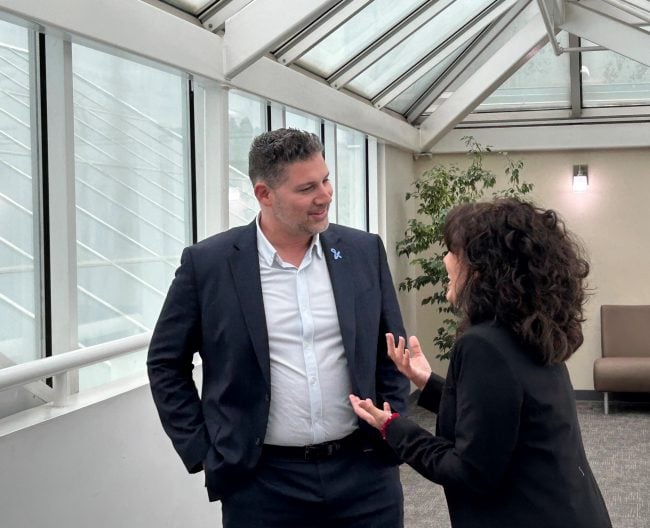 A quartet of esteemed esquiresconcluded during the closing panel of the first day of the NAPA401(k) Summit 2014 Sunday that the retirement business is on theverge of seismic change.
A quartet of esteemed esquiresconcluded during the closing panel of the first day of the NAPA401(k) Summit 2014 Sunday that the retirement business is on theverge of seismic change.
The evolving nature of fiduciary responsibility, the impact ofthe Patient Protection and Affordable Care Act on retirement andthe likelihood of upcoming Department of Labor regulations thatwould require employers to inform workers of the financialrequirements of a sound retirement will conspire to create aretirement landscape very different from the one currently inplace.
|“We are at an inflection point,” said Marsha S. Wagner,president and founder of The Wagner Law Group.
|That thought was echoed by Douglas Fisher, senior vicepresident of policy development, Fidelity Investments.
|“The cruel joke of our retirement system” is that “we don't tell(workers) how much they need to retire,” Fred Reish, a partner atDrinker Biddle & Reath, told conference attendees. He said thathe believes the Department of Labor later this year will set inmotion the start of creating regulations that will requireemployers to tell their workers how much they need to retire.
|“That will bring up a discussion of replacement rates,” he said.Some will say 80 percent of current income and others might say70%, he said.
|“How will we close the gap?” he continued. “You guys,” he said,as he pointed to his audience, “will be doing gap analyses untilthey're coming out of your ears.”
|Fidelity recently released “a pretty grim report,” saidFisher, who reported that the average household is on track toachieve 71% of its retirement needs. “We are talking about theeconomic survival … of retirement.”
|Reish said he believes regulations might be finalized 18 monthsfrom now.
|The panel also discussed the implications of the PPACA.
|“There will be anticipated and unanticipated effects,” Wagnersaid. “Now that employees have permission to buy elsewhere, thatwill lead to employee mobility.”
|Fisher stated that “individuals will make more of the buying andspending decisions,” while Reish said that “if we get past the nextfive years of burdens,” there will be a dramatic shift in freedomof movement.
|“The value of an employees will be the value of their mind,”Reish told attendees.
|Another area of concern was the distinct possibility thatadvisers will soon be handed fiduciary responsibility.
|Plan sponsors have become more aware of their responsibilities,”said Rebecca Kaplan, fiduciary compliance consultant, AngellPension Group. “Now you can outsource your responsibilities. (As aresult), plan sponsors are starting to believe they don't have anycontinued responsibilities. But they do.”
|“I think it's fantastic that there are vendors out there willingto help plan sponsors (but) plan sponsors have to know what theyare buying,” Wagner said. “You need a fiduciary serviceagreement.”
Complete your profile to continue reading and get FREE access to CUTimes.com, part of your ALM digital membership.
Your access to unlimited CUTimes.com content isn’t changing.
Once you are an ALM digital member, you’ll receive:
- Critical CUTimes.com information including comprehensive product and service provider listings via the Marketplace Directory, CU Careers, resources from industry leaders, webcasts, and breaking news, analysis and more with our informative Newsletters.
- Exclusive discounts on ALM and CU Times events.
- Access to other award-winning ALM websites including Law.com and GlobeSt.com.
Already have an account? Sign In
© 2024 ALM Global, LLC, All Rights Reserved. Request academic re-use from www.copyright.com. All other uses, submit a request to [email protected]. For more information visit Asset & Logo Licensing.









